Car sharing, connected cars, online services and much more: VW offers all of this in the We ecosystem, the heart of which is the automotive cloud. Microsoft is to create the technical prerequisites for this as a strategic IT partner.
The automotive industry is currently all about transformation. Every major car manufacturer wants to be a mobility service provider in the future. Of course also VW, which has created its own ecosystem with the We sub-brand that bundles these services. This has had a home in Berlin since last summer, but is now to be gradually expanded to cover the whole of Europe, China and the USA. Volkswagen is therefore expanding its strategic partnership with Microsoft.
We ecosystem with numerous individual components
The new We Share car sharing program, which is due to start in the first half of 2019, is not the only brand under the We brand. But also the We Connect service, which bundles all online services in the car without having to be connected to a smartphone. We Park, on the other hand, is a smartphone app that should make it easier to find and pay for parking spaces and the like. We Experience makes personalized offers and suggestions for the environment in which you have parked your car. We Deliver turns the trunk of your own car into your own delivery address. We Charge finds charging stations for electric vehicles and also regulates the payment. And then there is the Volkswagen Connect app, which can be used to monitor your own car remotely.
Anyone who travels digitally in this way, in particular using self-learning algorithms and artificial intelligence in general, produces a lot of data. They have to be saved and processed somewhere. For this, the car company is planning the Volkswagen Automotive Cloud, and this is where Microsoft comes into play. The American IT giant is supposed to help VW roll out this cloud worldwide and keep it uniform. The technical basis for this is Microsoft’s cloud platform Azure.
New VW operating system will come in 2020
At the same time, Volkswagen’s cars will have a new, powerful software architecture that is the prerequisite for networking them. “Up to 70 control devices from a wide range of suppliers have been working in vehicles to date. We buy all of them individually from our suppliers and then have to make sure that they communicate with each other without errors, ”explains VW chief strategist Michael Jost. It costs money and is extremely complex and should soon come to an end. Because with the VW.OS there should only be one operating system for the entire vehicle that runs on three to four high-performance computers in the vehicle. The first representative of the ID family to come onto the market in 2020 will be the first VW model to use both this operating system and the automotive cloud.
Technically speaking, this is a real milestone. Not only because VW until recently had only a few hundred software developers and therefore hardly has the clout and competence to start such an extensive undertaking. But also because the Wolfsburg take a completely new step. Instead of allowing many individual systems from different generations to communicate with each other in an application-specific manner, the VW.OS should offer a common platform basis.
Volkswagen app store
What does the customer get out of it? Almost infinite flexibility. Because the vehicles do not have to be prepared for all possible applications when they are delivered, but can be retrofitted with new services, for example, via Over the Air updates (OTA). “This way, the car stays up to date even years after the purchase,” explains Jost. The possibilities that are opened up for the used car trade are almost inconceivable. After all, if a car is delivered today without a navigation system, it can only be retrofitted with a lot of effort. If, on the other hand, the system requirements already exist for all cars, such a system can simply be activated afterwards.

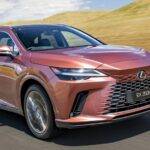
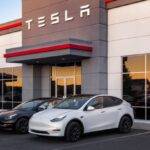



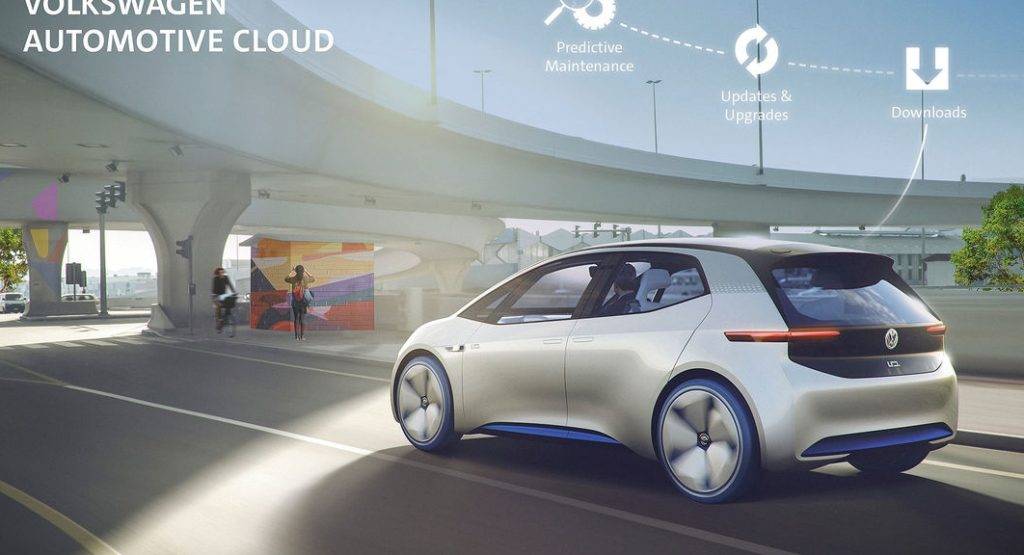
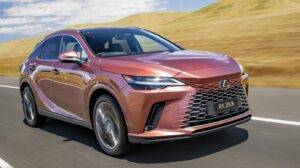
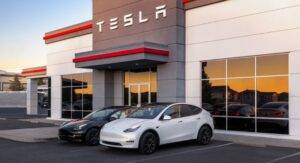
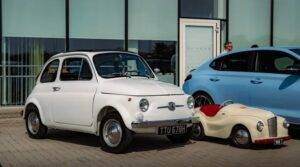

More Stories
Tesla Introduces 84-Month Loans in the US Amid Rising Interest Rates
Opel automobiles: 125 years of history and a bright future
The Cars That Go Out of Production in 2023